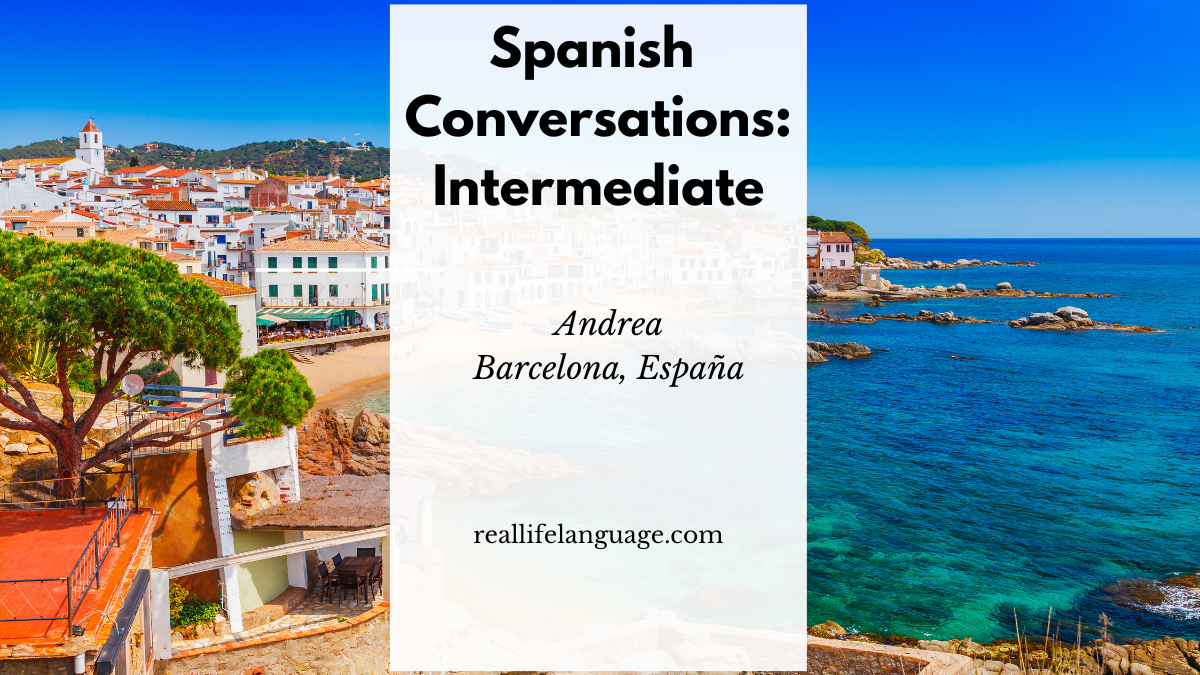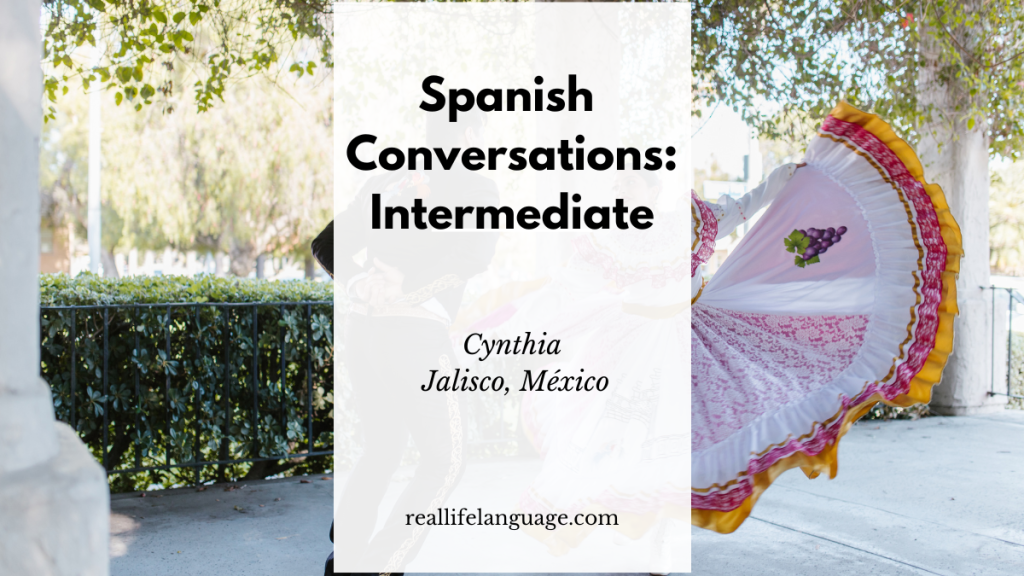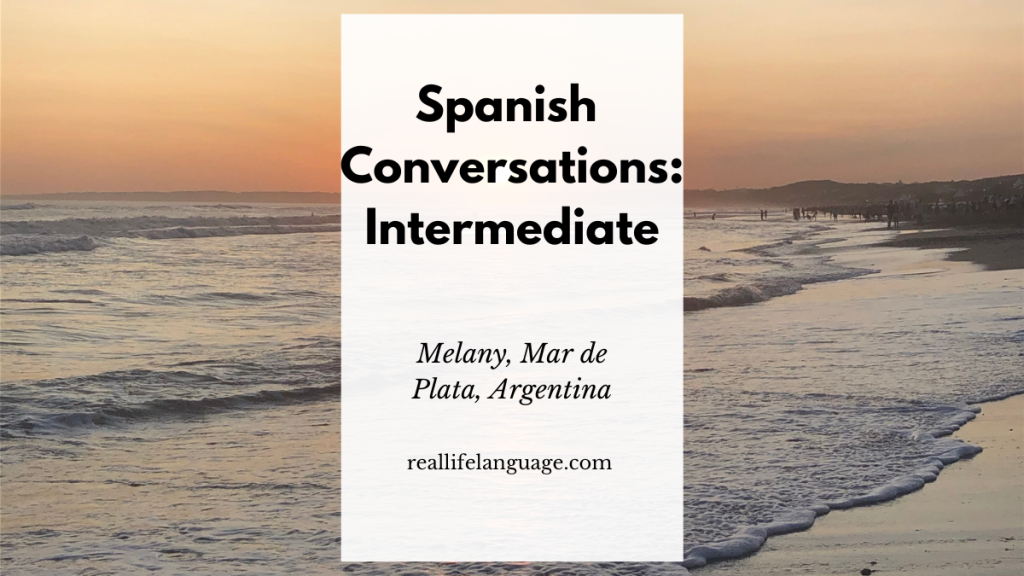
This article breaks down an intermediate Spanish conversation to help readers learn Spanish using real-life topics: unforgettable days, travel, describing yourself, future plans, friendship, festivals, culture, health and work. It is based on a natural dialogue between two speakers and is written in third person to highlight useful vocabulary, common phrases and practising strategies for learners.
Why conversational practice helps you learn Spanish
Listening to authentic conversations shows how native speakers connect ideas, correct each other, and use everyday expressions. This example focuses on informal storytelling and opinions — prime material for learners who want to learn Spanish beyond textbook grammar.
Main topics covered and useful phrases
The conversation touches on several familiar themes. Below each topic, the article gives key Spanish phrases with translations and short explanations so learners can reuse them.
1. Unforgettable days — “un día inolvidable”
Topic: memorable experiences (e.g., swimming among luminescent plankton).
- Un día inolvidable — an unforgettable day
- Me acuerdo cuando… — I remember when…
- Fue como bañarme entre millones de estrellas — It felt like bathing among millions of stars (great descriptive phrase)
“It was like bathing among a million stars.”
2. Travel and beaches — talking about trips
Words and phrases:
- La playa — the beach
- tomar un barco — to take a boat
- una isla pequeña — a small island
Practice question: ¿A qué isla fuiste? (Which island did you go to?)
3. Describing yourself — physical and personality traits
Useful adjectives to describe people:
- soy alegre — I am cheerful
- soy independiente — I am independent
- de estatura media — of average height
- ojos marrones / pelo ondulado — brown eyes / wavy hair
Useful question: ¿Cómo te describirías? — How would you describe yourself?
4. The future: hopes and plans
Common future expressions to practise:
- Me imagino — I imagine
- me gustaría — I would like
- seguir creciendo en mi negocio — continue growing my business
- tener una familia — to have a family
5. Friendship and festivals
The conversation highlights Sant Jordi — a charming Catalan tradition:
- El Día de Sant Jordi — Saint George’s Day (people give books and roses)
- Phrase to learn: Te quiero regalar un libro — I want to give you a book
6. Culture, language and art
Key cultural notes to mention when practising:
- Spain has multiple official languages: español, catalán, gallego, euskera.
- Reference artists/architects: Calatrava, Chillida (useful for cultural conversations).
Practical listening and speaking exercises
To make the most of this conversational material, learners should:
- Listen once for gist (who says what?).
- Listen again and note down new vocabulary; create flashcards.
- Shadow short sentences aloud (imitate rhythm and intonation).
- Record a 1–2 minute answer to a prompt, e.g., “Describe an unforgettable day.”
Vocabulary cheat sheet
- un día inolvidable — an unforgettable day
- playa / isla / barco — beach / island / boat
- soy + adjective — I am + adjective
- me gustaría / quiero — I would like / I want
- amistad / confianza / respeto — friendship / trust / respect
Final tips
Regularly using short, real-life dialogues like this one helps learners internalise natural phrases and cultural references. Encourage learners to practice the phrases above, ask questions in Spanish, and try to recount travel stories or future plans aloud. This type of practice is one of the best ways to learn Spanish through authentic conversation.
Learn Spanish by listening, repeating, and using the vocabulary in your own stories — and revisit similar conversations often to build confidence.
100s of videos to learn Spanish:
https://real-life-language.kit.com/b1531a6404
Learn Spanish with an Intermediate Conversation: David from Mexico City

